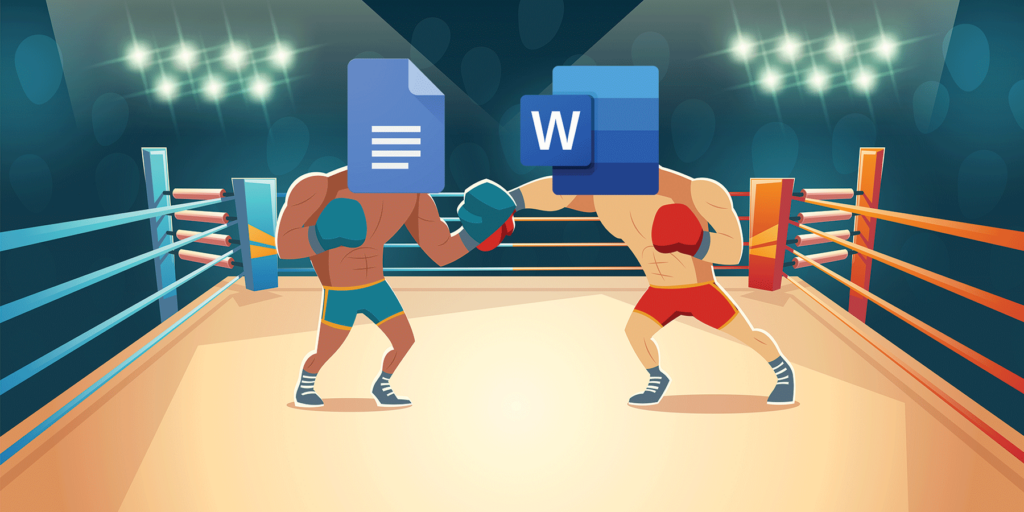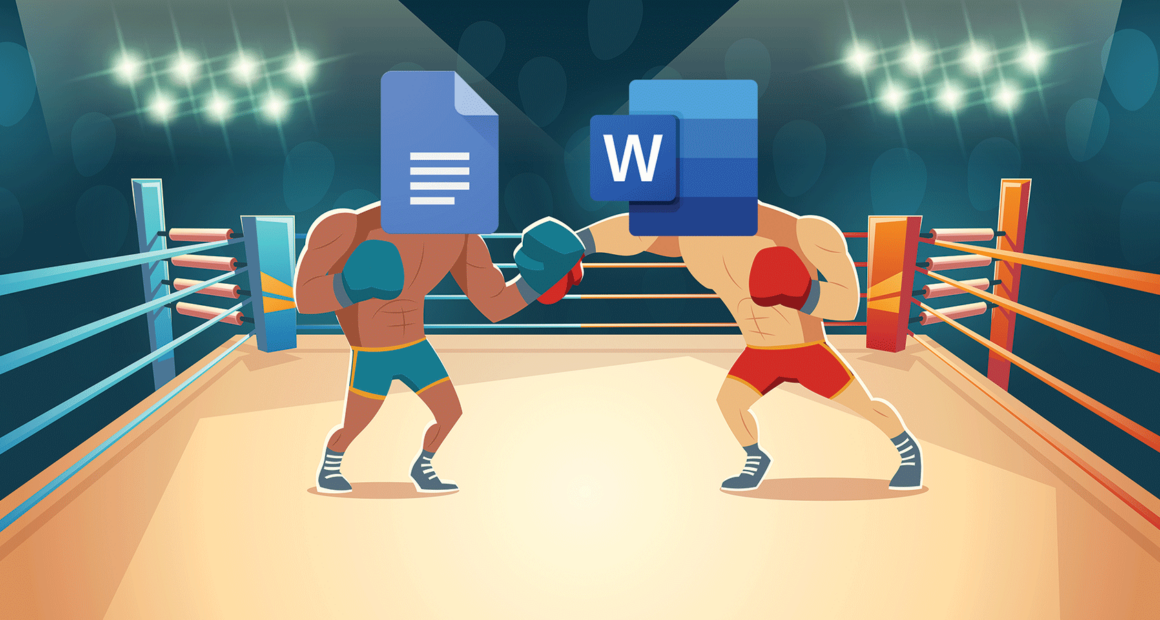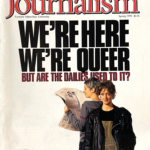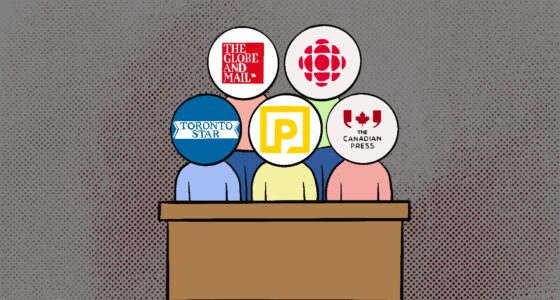It isn’t 1983 anymore—it’s time to move on from Microsoft Word

We’ve been there. Up in the wee hours trying to meet a deadline, fingers flying across the keyboard. Suddenly, the screen stops responding. The computer shuts down or malfunctions—does it matter? Unless you’ve been saving every 10 minutes (and I know you haven’t), your hard work is down the drain. If you’re a Google Docs user, though, this might not happen.
Microsoft Word has been around since 1983. It was the go-to program until Google Docs arrived in March 2006, which forced Microsoft Word to evolve. The big difference between the two is that, as part of the Microsoft Office suite, Word needs to be purchased. Google Docs, on the other hand, is free as a part of Google Workspace. And then there is the autosaving feature. Instead of having a meltdown when your computer crashes, your work is being saved whenever you are working online. “I get so wrapped up in what I’m doing because of the kind of writing—sort of longform stuff I do,” says Ian Brown, feature writer for The Globe and Mail. “You get so into the story that I forget to save things, and Google does that.”
Another plus: many of Google’s programs work seamlessly with one another. Anita Li, founder and editor-in-chief of The Green Line and her newsletter The Other Wave, appreciates what Google allows her to do. “I like that it’s just integrated into everything that I use to work. Everybody uses Google search, everybody uses Gmail—it just makes it easy.”
Some Canadian newsrooms also have their own writing and editing software designed to fit their publication’s needs. At the Toronto Star, breaking news reporters will often forego Microsoft Word or Google Docs altogether and write their stories directly into the Star’s own software, Blox, because of the timeliness of the process. “Working with Blox has been super-convenient there,” says Abhiraj Lamba, a breaking news reporter from the Star. “A lot of what I’m working on is breaking news, so I want to avoid writing something somewhere and then copying it.”
After some years of development, both Word and Google Docs now have a number of similar functions, although Google Docs seems to be many journalists’ favourite at the moment. An X poll from the Review of Journalism account, posted in December 2023, found that out of 20 respondents, 70 percent preferred Google Docs over Microsoft Word. “Google Docs is just easy. It’s no fuss, no muss,” says Li.
The results are in: Google Docs is hot, and Word is not.
About the author
Mariana Schuetze is a fourth-year undergraduate journalism student at Toronto Metropolitan University. She is the Editor-in-Chief of CanCulture Magazine and works at TMU’s radio station, Met Radio as the Collective Coordinator – so she spends most of her time looking over other people’s work and replying to emails. In her work, she loves to talk about arts, culture and their importance to society.









